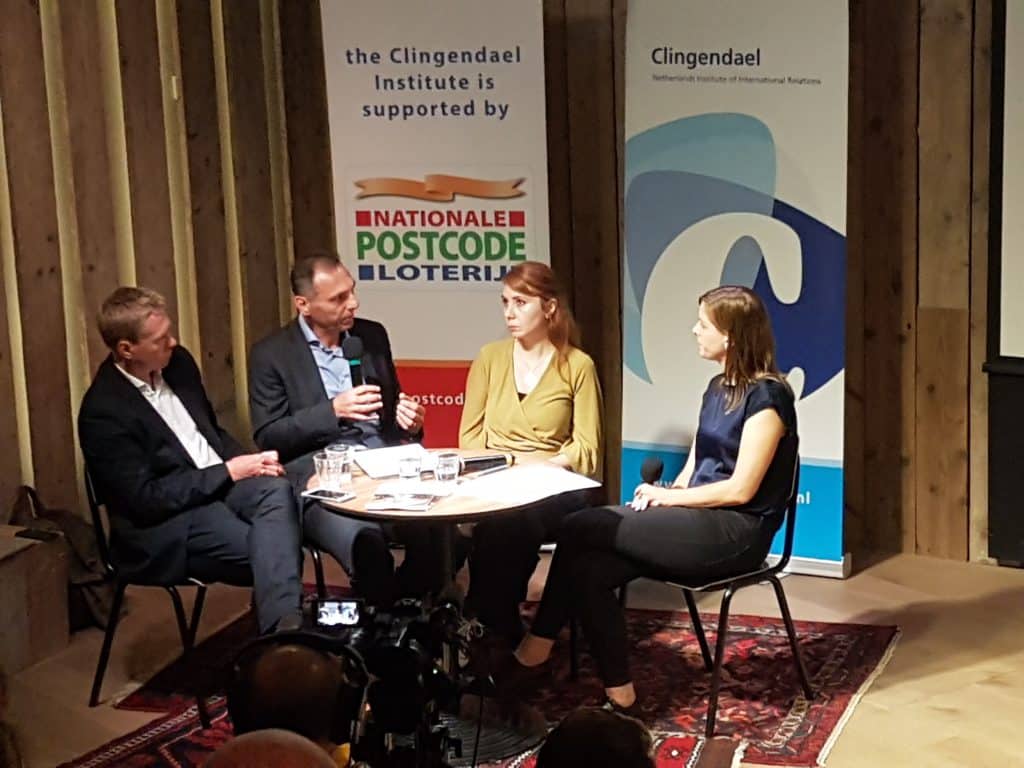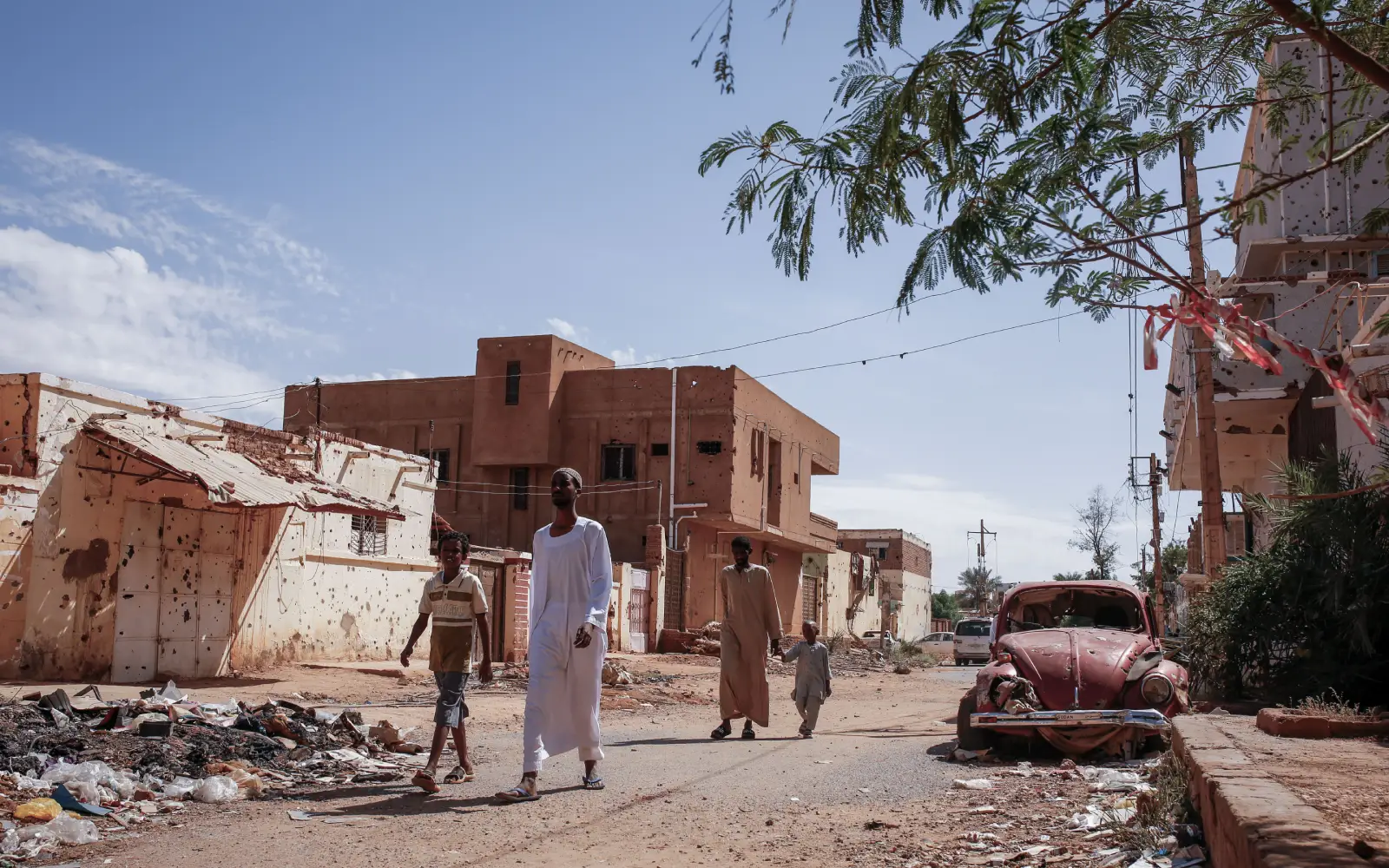Last week, on September 6, Clingendael organized the debate “Refugees in Lebanon: despair or perspective?” at Humanity House in the Hague, to present and discuss their recently published report on the issue of refugee protection in Lebanon. Relevant as the topic is, a small FMS delegation also attended this event. After a short introduction by the Institute’s general director Monika Sie, moderator Saskia Baas, head of the Durable Solutions Platform in Amman, introduced the two authors of the report, Clingendael senior research fellow Ana Uzelac and research fellow Jos Meester. What followed was a discussion of the report by its authors and the moderator.
Lebanon’s refugee crisis and the Clingendael report
Lebanon is one of the main countries facilitating ‘protection in the region’ to Syrian refugees. At this point Syrian refugees make up a quarter of Lebanon’s population posing extreme pressure on the host population. Most of the Syrian refugees are living in severe poverty in makeshift camps, without any or limited protection, and are structurally exposed to discrimination. Meester painted a clear picture of the situation, mentioning a Syrian woman telling him that social relationships among Syrians are breaking down: “We are all independent, I do not have time to talk with my family or anybody, we are all competitors for the same job”.
Taking the perspective of the refugees themselves, the Clingendael report specifically traces the reasons why donor efforts have limited success reaching the Syrian refugees. One of the main conclusions of the research is that Syrian refugees have strained Lebanese resources and the way in which aid assistance is delivered is worsening the situation. For the case of Lebanon, its sectarian society is not compatible with western ideas of public services and goods through which aid is distributed. In addition, there are restrictions created by the Lebanese and European political narratives of displacement and the challenges of combining protection in the region with an economic reform agenda. This means that European money is devalued by the understanding of the interests the EU has for protection in the region.
Insights of the experts
After the discussion of the results of the research, the moderator asked three experts from Lebanon, Turkey and Jordan to describe the situation in the region. As an expert on the Jordanian situation, dr. Imad Salamey, professor and director of the Institute for Social Justice at the Lebanese American University in Beirut, joined the table. For the case of Jordan, Daniel Howden was present – Howden is a senior editor at the independent media platform Refugees Deeply, which covers refugee and migration issues worldwide. Last but not least, dr. Doğuş Şimşek, an academic tied to the College of Social Sciences and Humanities at Koç University in Istanbul, was present to elaborate on the Turkish case.
First, focusing on Lebanon’s response to the refugee crisis, it became clear that since the country is no signatory of the UNHCR 1951 Refugee Convention nor other agreements, it is not bound by international law to provide assistance to the Syrian refugees. In addition, Lebanon was seen as too much part of the conflict and too politically divided to form a national response to the refugee crisis. For the case of Turkey and Jordan, the experts explained that in both cases, despite better collaboration between the EU and the countries this has not significantly led to more rights, assistance and protection to refugees in these counties. In the words of dr. Salamey: “A priority for the international community is to make sure that Syrian refugees are not vulnerable.”
All in all, the debate was well-organized and its contents were clear and easy to follow for the interested attendee. Even though the issues discussed were rather serious, the atmosphere was not too heavy and there was room for a joke here and there. Both authors of the report, and dr. Uzelac in particular, were eager to elaborate on the contents of the report and on questions that were later asked about it. The same can be said of the experts at the table. However, more elaboration on the Jordanian and the Turkish situation would have lifted this already good debate to an even higher level.
Door: Emmalien Meijer en Ruth van de Velde





